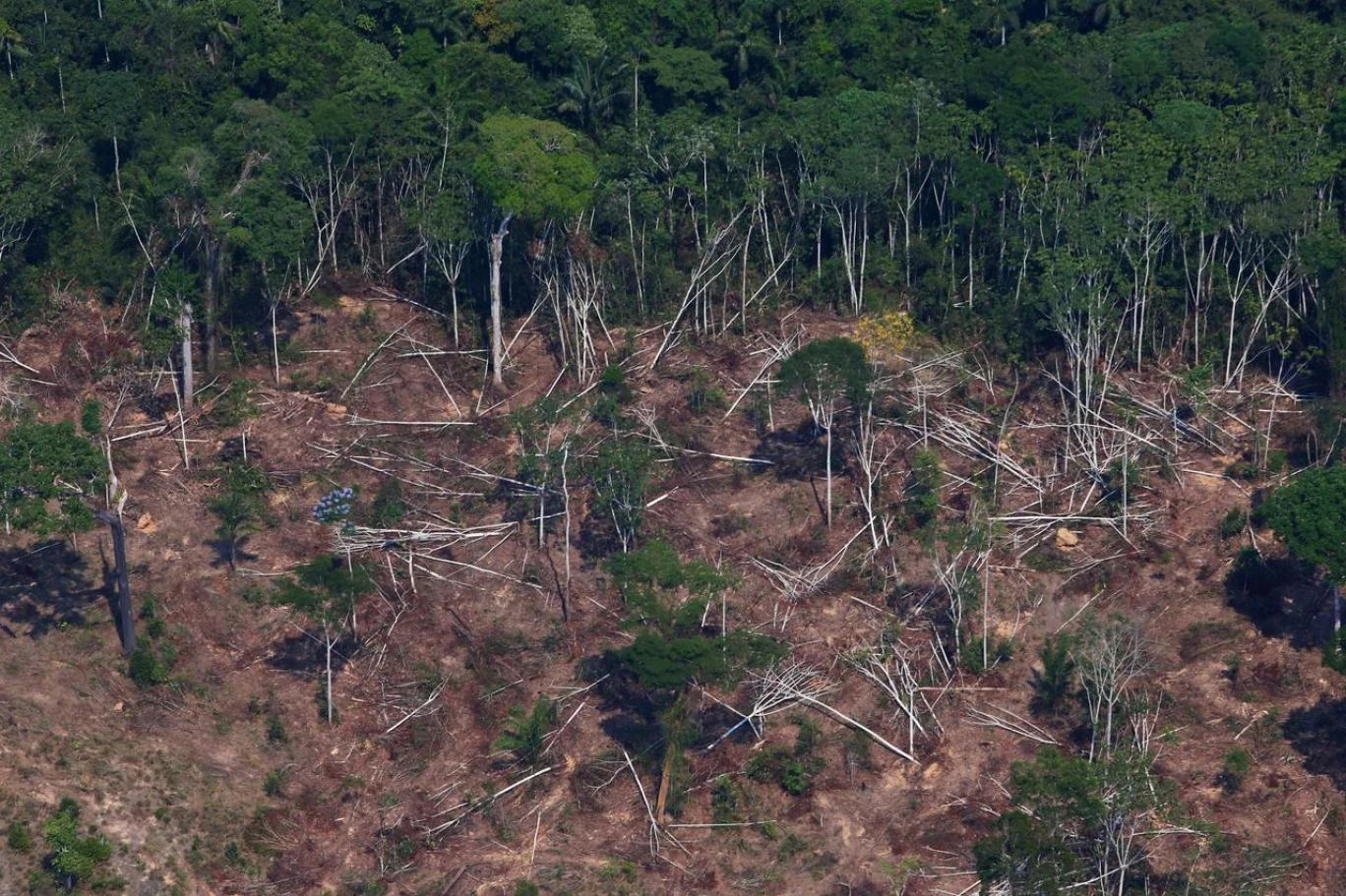New Report: World Far Behind Deforestation Targets

The world is far behind the global target of reversing deforestation by 2030, according to a new study , with most of the losses attributed to agricultural expansion and wildfires.
The report, titled "The 2025 Forest Declaration Assessment," estimates that the world will permanently lose 8.1 million hectares (20 million acres) of forest in 2024 alone, an area the size of England. This leaves the planet 63% behind the target of halting and reversing deforestation set by more than 140 countries at COP26 in Glasgow in 2021.
The Forest Declaration Assessment brought together research organisations, think tanks, civil society organisations and advocacy groups, while the report was coordinated by consultancy firm Climate Focus.
The wildfires caused the loss of 6.73 million hectares of forest worldwide. The Amazon rainforest, in particular, was among the hardest-hit regions. In 2024, the wildfires released approximately 800 million tons of CO2 into the atmosphere.
“Big fire years used to be the exception, but now they are the norm,” said Erin Matson, lead author of the Forest Declaration Assessment. “And these fires are largely human-caused. They are linked to land clearing, climate change-induced drought, and limited law enforcement.”
Previous reports have also shown that Amazon fires have caused unprecedented forest loss, with Brazil leading the way in tropical forest loss and Bolivia's forest loss expected to increase by 200% by 2024.
This year's global forest assessment found that an average of 86% of global deforestation over the past 10 years has been due to land clearing for agriculture. Gold and coal mining are also among the increasing sources of deforestation, it noted.
“Demand for commodities like soy, beef, timber, coal and metals continues to grow, but the tragedy is that we don’t actually need to destroy forests to meet that demand,” Matson said, adding that over $400 billion in agricultural subsidies is fueling deforestation.
“The incentives are completely backward-looking,” he said, noting that international public funding for forest conservation and restoration averages just $5.9 billion a year. The report estimates that between $117 billion and $299 billion in financing is needed to meet the 2030 targets.
Matson recalled that with COP30 starting in Brazil in November, the country proposed the Tropical Forest Conservation Investment Fund, which aims to raise $125 billion in long-term forest financing to help prevent global forest loss.
The fund, which will be financed by governments and private investors, could distribute $3.4 billion annually, with 20% of that going to local communities.
"Looking at COP30 in Belém, a successful launch of the Fund could channel reliable long-term financing for forest survival. So when we look at the global picture of deforestation, it's bleak, but we may be in the dark before the dawn," Matson said.
iklimhaber





